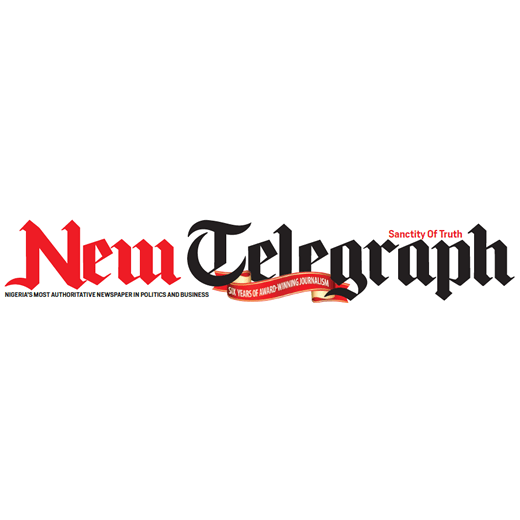The World Health Organisation (WHO) has called for an urgent increase in primary healthcare spending in Nigeria from $7 to $30 per person.
Unit Head at the Alliance for Health Policy and Systems Research under WHO, Dr. Robert Marten, made the call on Tuesday in Abuja at the ongoing National Health Financing Dialogue themed “Reimagining the Future of Health Financing in Nigeria.” He also urged the Nigerian government to allocate 15 percent of its national budget to healthcare.
In his presentation titled “Global Experience with Using Research and Evidence to Inform Policy,” Marten stressed the need for Nigeria to address its unique health challenges with homegrown solutions, strengthen research capacity, and embed evidence-based policymaking to accelerate progress toward Universal Health Coverage (UHC).
“We are interested in reframing health financing as an investment and mobilising domestic resources to achieve UHC here in Nigeria,” Marten said. “This is not a unique goal as many countries are pursuing it, but Nigeria’s challenges are unique.”
Referencing India’s tax-funded health insurance scheme and reforms in countries like Rwanda, Mexico, Ghana, and Taiwan, Marten urged Nigeria to prioritise partnerships between policymakers and researchers.
Coordinating Minister for Health and Social Welfare, Prof. Muhammad Pate, acknowledged the funding gap but said the federal government was making targeted investments to strengthen primary healthcare despite operating with one of the world’s lowest revenue-to-GDP ratios.
“The GDP per capita of Nigeria is still on the lower side compared to many other countries. We collect a smaller portion of our GDP as government revenue, one of the smallest in the world, which has to be divided between the federal, state, and local governments,” Pate said.
“When President Tinubu proposed tax reforms, there was resistance. We are asking for better health, better education, better roads, but we also don’t want to pay taxes. With low revenue, political prioritisation for health has also been low. Yet, we’re optimising within limited resources and investing strategically.”
Pate also emphasised preventive health measures, such as promoting healthy lifestyles, diet regulation, and salt intake control, as cost-effective approaches to improving public health.
Executive Director of the Africa Health Economics and Policy Association, Prof. John Ataguba, called for urgent reforms in taxation, governance, and budget execution to reduce reliance on donor funding.
He warned that Nigeria’s heavy out-of-pocket spending on healthcare showed that resources exist to address its health challenges, but poor allocation and execution have hindered progress.
“For example, a ₦1 billion allocation may see only ₦800 million actually spent due to delays, bureaucracy, and accountability gaps,” Ataguba said. “The aim should be a fair, sustainable, and well-governed domestic financing system that protects households from catastrophic health spending.”















